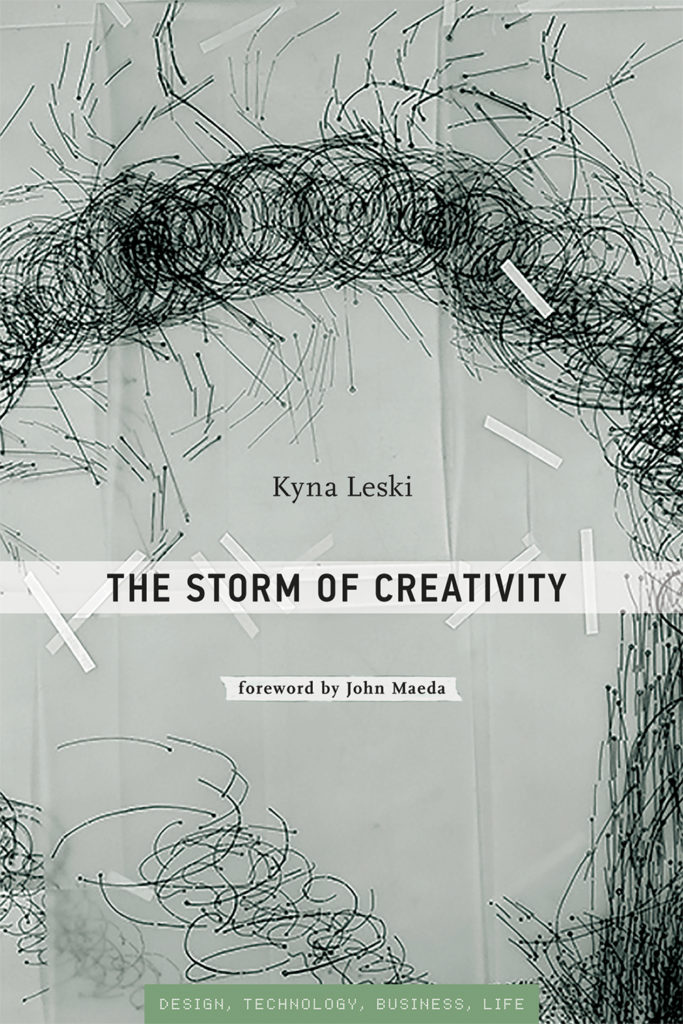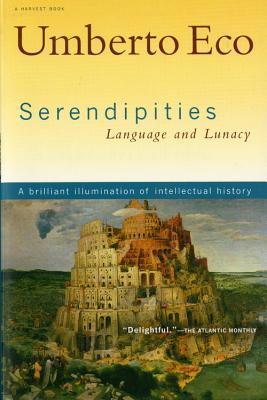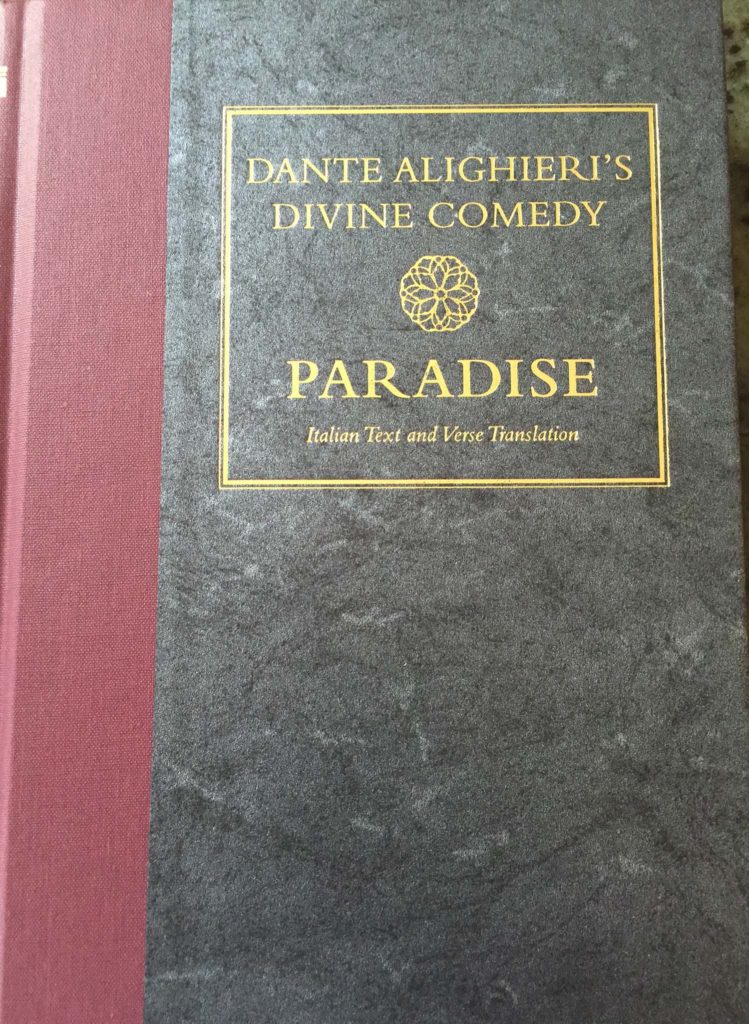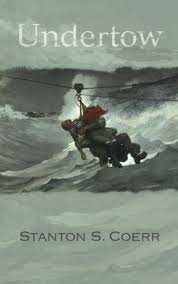No Man’s Sky
Friday, August 19th, 2016[ by Charles Cameron — a quick blog letter to Chris Bateman, and more broadly to the global God NoGod argument ]
.
Warning:
This post may or many not be of interest to individual ZP readers, so here’s what’s up. The philosopher-game-designer-blogger Chris Bateman gets into blog-with-blog discussions, the rubric with his articles on his own iHobo and Only a Game blogs being “all replies at other blogs will be promoted here to keep the conversation going” – and this ZP post of mine is in response to his No Man’s Sky Roundup post today, and the pieces about the game of that name he led me to.
It is also an attempt to put the basic insight of that branch of theology called “apophatic” (“other than speech”) theology into, well, written speech. And in a way, it is also my challenge to the entire “God vs NotGod” debate that tiresome long books are written about, since the God described by Cardinal Nicholas of Cusa strikes me as the “definition of God” that any worthy attempt to attack the “God” concept on philosophical grounds should be tackling – not such local and verbal matters as whether God prefers seven days to universe completion or a little longer, burkas or bikinis, gays married or chaste, or being embodied or otherwise, three, one or both.
It’s also written in a language you might term poetico-philosophical or vice versa, you have been warned.
If that sounds like something you’d be interested in, have at it!
**
No Man’s Sky
Words drag their whatevers with them into some form of presence, which with “table” is not an issue, the table idea is both transparent and vague as clouds, it sits as easy in mind as I sit in a chair – wait, at my desk, a form of table, the word “table” brought table to mind, table brought chair..
Or was it, “table” brought “chair” and “chair” brought chair, I myself embodied being also enchaired, one might think “enthroned” as I write this.
At my desk I read these words describing the books in Borges’ Library of Babel, “every variation of the 22 letters of the alphabet (as well as the additional three symbols of the comma, period, and space” – I read them as illuminating for me the planets, fauna, flora, perils and perceptions players find in the trans-galactic game, No Man’s Sky.
And words drag their whatevers with them.
It is the mystery. It is the moon at which the zen finger points, it is the, a, God, whole system, the One and All I wish to speak of – the ineffable – here.
So it is that the words “the comma, period, and space” drag with them first a tailed dot, a tadpole, a jot, yod in the Hebrew, a tongue of flame, tongue here being fire, language and insight, that descended on certain disciples of someone, arguably, then the dot without tail, a speck, point, blackness minimal – and then, like the zoom from space station window to deep space outside, space.
In the game, No Man’s Sky. Or at your window, seen perhaps from your desk, imagined at mine. Or dragged, somehow, for I and later, you, with or from these words.
So: zero to galaxy via a simple “and” less than a second long, short in the life of humans, long enough, it would seem, for some previously unknown game galaxy. Or “galaxy” – game or otherwise.
The marks, the comma and period, I am habituated to. They are articulation points among the bare bones of the letters, bodying them out into words, langue, langue, language – again, fire and insight, but also scratches, pecked out with pen, keyboard or chisel – but space.
And I was reading about this game, No Man’s Sky, this game gaming space, deep space, as the books within Borges’ book, within Borges and now shared out among us, game all possible verbal coherences with all possible incoherences, all partials, wholes, and almost nothings, an “a” that may be word or mark, an ‘o” that may close the book, galaxy, universe, be zero, lack sound or howl fury.. and those illimitable periods, commas, spaces.
Thus: “comma” drags its micro-tadpole with it, I squint, “period” drags it’s point – where is my jeweler’s loup? – and “space” __ I am flung far enough that I stop to take stock, look back from vague, vast imagined space at imagined period and comma, see how far how fast I have come, gasp.
Now the great mystery, the unknowable more than human mind as human mind is more than speck, galactic cluster more than planetary spack with us specks on it, the whatever the “moon” in “finger pointing at the moon” was, is, pointing at, the stuff and substance of what the word “God” drags in, neither stuff nor substance but, per the good catholic Cardinal, Cusanus, well —
When we attempted to see Him beyond being and not-being, we were unable to understand how He could be visible. For He is beyond everything plural, beyond every limit and all unlimitedness; He is completely everywhere and not at all anywhere; He is of every form and of no form, alike; He is completely ineffable; in all things He is all things, in nothing He is nothing, and in Him all things and nothing are Himself; He is wholly and indivisibly present in any given thing (no matter how small) and, at the same time, is present in no thing at all. –
— That!
The “That” in “Thou art That” with “art” the link connecting them, us, if you’ll allow me to digress into a pun, puny beside that immense No Thing at All.
You drop the word “space” into an unremarkable remark about “the comma, period, and space” and space, the deep, the trans-galactic space is dragged into mind – mine, anyway, and perhaps now yours – and we ignore it, “space” we know here meaning what “space between letters” would drag with it – we ignore it as though shutting a window, the space station window, the window of mind.
And God, But God.
We foreclose the window on God with undue haste, because it is rubbish, garbage, nothing. Or because it is that someone with disciples end of conversation, agree or be damned. Because we’ve got it, we know, we affirm, “I believe”.
But peer closer at that creed, the longer one, Athanasius’ Creed, skip a few lines and what they drag with them, you’ll find..
Incomprehensible.
To be specific:
The Father incomprehensible, the Son incomprehensible, and the Holy Spirit incomprehensible .. as also there are not three .. incomprehensible, but .. one incomprehensible.
Or in short:
Incomprehensible, three one.
— which drags a certain amount of sense with it, and the someone, and the entire ineffable.
And that word, struck like repeated blows of a Thor-sized hammer of mind, “incomprehensible .. incomprehensible .. incomprehensible .. incomprehensible .. incomprehensible”.
There is no whatever, it says, no thing or person or process our mind can think or process that this word or these words, “incomprehensible”, drag with them. Such a thing, or process, or person – “someone” included – is not subject to mind, cannot be crammed, cannot be cabined, cribbed, confined, into mind, into your, my, or some – any – high priest philosopher’s mind. Or book.
Of whom or which or whatever it is said —
He is not one who is ashamed to show his strength,
and buffets proud folk about like leaves in a gale.
He upsets those that hold themselves high and mighty
and rescues the least one of us.
–- of which water is exemplary, which “nourishes all things without trying to” and “is content with the low places which people disdain.”
Humility, then. And to erect a hurdle, you might call it “epistemic humility” –
But make no mistake:
Humility is the game. “Humility” is the name of the game.










